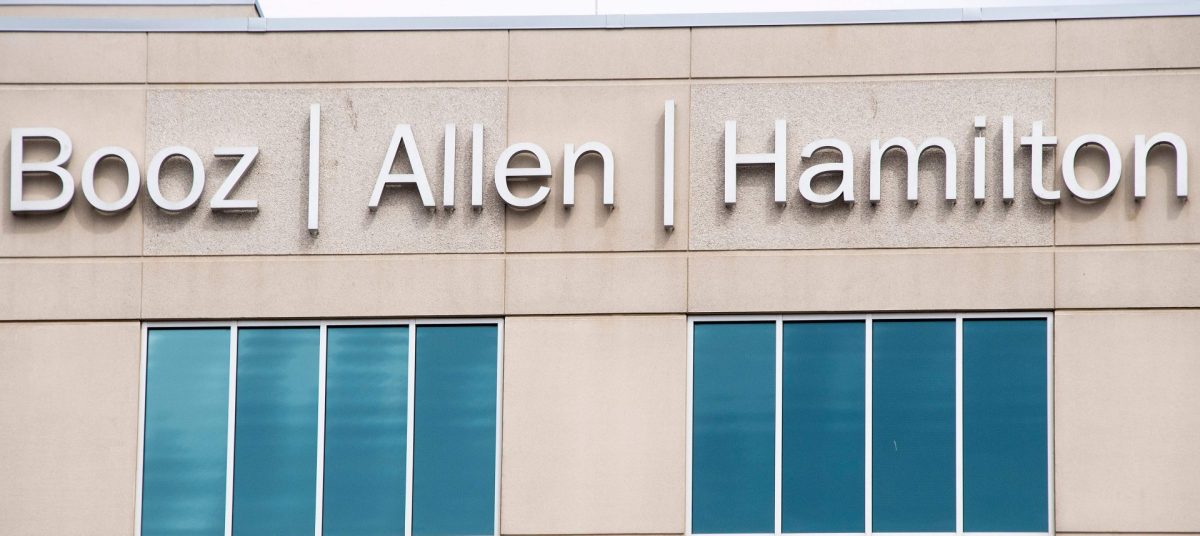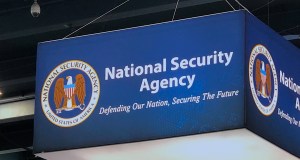Booz Allen acquisition of EverWatch unlikely to harm competition says federal judge

The government failed to provide direct evidence that Booz Allen Hamilton’s acquisition of EverWatch would have detrimental effects on competition or pose likely harm for a National Security Agency contract, according to a U.S. District Court opinion filed Monday.
Judge Catherine Blake on Oct. 11 found Booz Allen would still be disincentivized to hike prices or reduce services, should it win the NSA’s Optimal Decision modeling simulation and signals intelligence contract, and that the contract does not constitute an entire market.
With bids due in a few weeks and the acquisition — announced six months prior to NSA issuing a request for proposals on Sept. 14 — in limbo, sole competitors Booz Allen and EverWatch continue to work on their offers.
“To some extent, the very existence of this litigation gave the government what it was looking for — competition fueled by uncertainty,” Blake wrote in her opinion.
Details of the opinion come after Booz Allen on Friday announced that it had closed its $440 million acquisition of EverWatch.
Citing an antitrust violation, the Department of Justice in June sought a preliminary injunction to halt the $440 million acquisition.
In court documents, EverWatch attorneys previously argued that employees had already quit over the delayed acquisition.
In her recent opinion, Judge Blake said that the government instead relied on “uncontextualized” informal chats and emails from low-level Booz Allen and EverWatch employees, made in response to the acquisition’s announcement, to show a reduced incentive to compete, according to the opinion.
“The court cannot predict a company-wide shift in bidding strategy based on these off-handed and speculative comments,” she wrote.
DOJ previously argued Optimal Decision represented the whole of the signals intelligence modeling market, but Judge Blake took issue with lumping the two together.
According to court documents, Booz Allen has handled NSA’s signals intelligence models since it won the original Mason I contract in 2002 and subsequent Mason II and Mason III contracts, the latter expiring in March 2023. Foreign intelligence from communications and information systems is mathematically modeled for NSA and customer agencies’ leaders.
A total of 12 agencies have awarded modeling and simulation contracts to 32 companies since 2020, and NSA surveyed 178 potential Optimal Decision contractors in October 2020 with 14 indicating interest.
“The government’s proposed market depends on the application of a broad tool (modeling and simulation) to one network system (signals intelligence) for one customer (the NSA),” Blake wrote. “By defining the market so narrowly, the government attempts to ‘gerrymander its way to victory without due regard for market realities.’”
Blake was careful to add that a single contract could constitute an entire market if a single purchaser sought a commodity.
The judge also declined to render a final judgment on DOJ’s claim Booz Allen’s acquisition of EverWatch violates Section 7 of the Clayton Act, in that it either substantially lessens competition or tends to create a monopoly.
“To be sure, the market definition inquiry under Section 1 of the Sherman Act overlaps with the government’s Section 7 claim to some extent,” Blake wrote. “But given the expedited nature of these proceedings, the abbreviated record, and the condensed procedural format of the hearing, the court declines to enter a final judgment in the defendants’ favor for now.”
Commenting on the opinion, a Booz Allen Hamilton spokesperson said: “We appreciate Judge Blake’s careful consideration of the evidence and her thoughtful conclusion that despite the DOJ’s claims, ‘little evidence suggests the companies, or their capture-team employees, intend to give the NSA anything less than their best proposal.’ In addition, Judge Blake ruled that DOJ’s market allegations were not valid, noting that ‘by defining the market so narrowly, the Government attempts to gerrymander its way to victory without due regard for market realities.'”
They added: “We look forward to integrating EverWatch as part of Booz Allen’s service offerings as soon as we are able to do so, in accordance with the Order entered by the court, and will continue to enhance our competitive offerings through similar strategic acquisitions.”
The DOJ did not respond to a request for comment.






